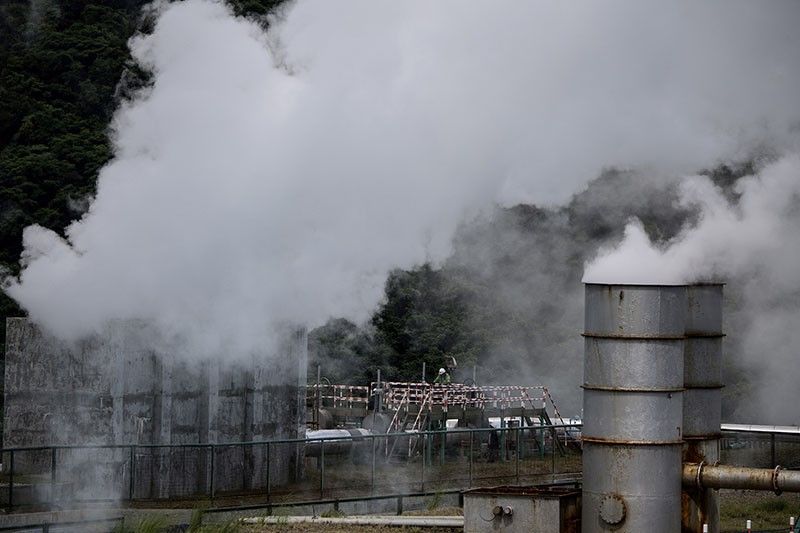Philippines urged to tighten emission standards to protect public health

MANILA, Philippines — The government should tighten “outdated” emission standards for sources of air pollution, including coal-fired power plants, to safeguard public health and the environment, a group said on Tuesday.
While the Philippine Clean Air Act is an important piece of legislation, the 24-year-old law “fails to fully address the continuing threat posed by coal-fired plants,” Clean Air Asia said.
Coal plants emit pollutants such as sulfur dioxide, nitrogen oxide, particulate matter and mercury, which have been linked to respiratory diseases and cardiovascular problems.
According to the Health Effects Institute and the Institute for Health Metrics and Evaluation, air pollution accounts for more than one in nine deaths globally, and is the fourth leading risk factor for premature death.
Clean Air Asia said it is “alarming” that the Philippines maintains some of the most lenient sulfur oxide and nitrogen oxide emission standards in the region.
The power generation in the Philippines heavily relies on coal, which is also a significant contributor to planet-warming emissions.
“Stringent emission standards means lesser air pollutants released by coal-fired power plants and other industrial facilities,” said Glynda Bathan-Baterina, deputy executive director of Clean Air Asia.
A draft of the proposed environment department’s order updating the emission standards for stationary sources of air pollution cuts the current allowable emissions of particulate matter, sulfur oxide, and nitrogen oxide for coal plants by 50%.
While the move is a step in the right direction, the allowable emissions must be reduced further to align with international best practices in Asia, Clean Air Asia said.
The group stressed that lowering allowable emissions further would result in higher health benefits for communities near coal facilities.
A 2021 study of Clean Air Asia in Bataan showed that implementing emission limits aligned with international standards could result in up to around 83% reduction in acute respiratory infections.
Under tighter emission standards, coal-fired power plants may need to install pollution control devices or adopt processes to keep air emissions within standards.
Clean Air Asia said that coal-fired power plants releasing high levels of pollution and those whose operations would no longer be economically feasible could be prioritized for retirement.
An analysis of climate data organization TransitionZero said retiring coal-fired plants early could prevent around 290 metric tons of carbon dioxide emissions, almost double the country’s emissions.
- Latest























